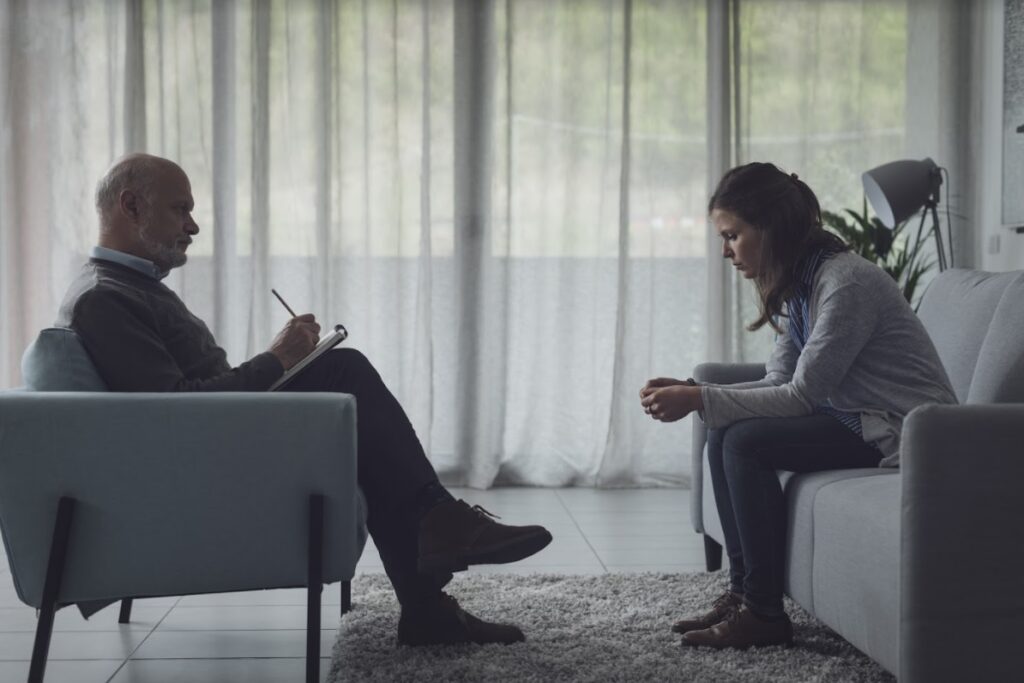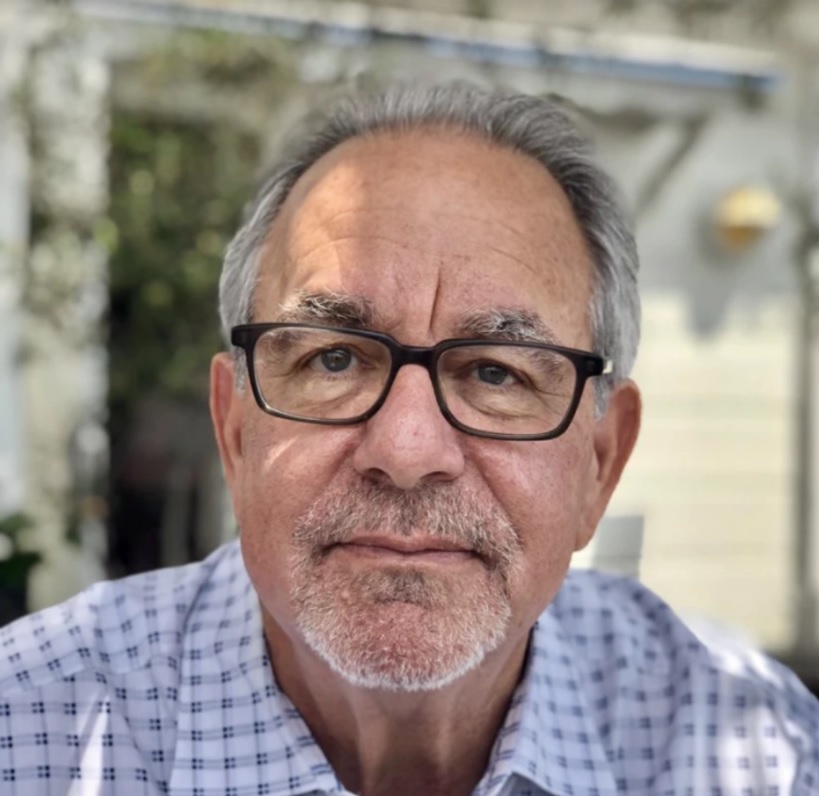Codependency is the behavior of friends or loved ones that contributes to someone’s substance use disorder (SUD). Typically, a “codependent enabler” is a spouse or parent who helps make the SUD possible by providing money, housing, or otherwise protecting the person from feeling the negative repercussions of their behavior.
Codependency is a concept that is widely credited to author Melody Beattie, whose 1986 best seller “Codependent No More: How to Stop Controlling Others and Start Caring for Yourself” brought the concept into mainstream awareness. The roots of the idea go back much further, and a crucial development was the creation of Al-Anon meetings in 1951 by Lois Wilson (wife of A.A. founder Bill Wilson). Al-Anon meetings are 12-Step based meetings for the family members of the alcoholics who were participating in A.A. meetings. Al-Anon meetings help parents and loved ones of substance-addicted individuals cope with the feelings of helplessness and anger brought on by the disease of addiction. It was possibly in these meetings that the root of the idea that relatives of addicted people have their own disorder, later called codependency.
Codependency and “Tough Love” Recently Challenged
Recently, a viral article in the New York Times challenged the concept of codependency and whether it was real. The article points out that it was codependency was rejected for inclusion in the Diagnostic and Statistical Manual of Mental Disorders (or “D.S.M.”), which is considered “the bible of mental health disorders” that every behavioral health practitioner abides by. Another argument against codependency’s existence is the inability to measure its severity.
But the main message of the article is that shaming people for being codependent and “loving an addicted person,” is intended to get them to practice “tough love,” which can contribute to a person suffering from an SUD experiencing homelessness or an arrest, and these experiences have been shown to worsen a person’s SUD, not help them get better.
Navigate these Difficult Waters with Professional Help

If you love someone with an SUD or other behavioral addiction, are you protecting them from the consequences of their behavior? Do you experience any of these symptoms?
- Highly emotional reactions to (or obsessing about) their behavior
- Controlling them with words or deeds
- Weak (or non existent) boundaries, you put your needs last
- Taking the blame for them
- An unhealthy dependence on the relationship (fear of being abandoned)
If these seem familiar to you, then you may be wondering what is the best thing to do. Every situation is unique, but I can tell you the good news: never has there been a better time to need or seek help for a substance addiction (or other mental health disorder) than right now. Addiction and mental health professionals have more tools at our disposal than ever before to address addiction (for your loved one), and this includes medication (possibly for you and/or your loved one).
Getting in touch with a professional counselor can only help you by showing you what options you have and getting the input of atrainedprofessional on what they think is going on with your relationship and what might be a positive next step. You will also find immediate relief from discussing the situation confidentially with a mental health professional.
Where to Get Help?
There are many resources available, but you can always start by contacting The Substance Abuse and Mental Health Association (SAMHSA) at 1-800-662-HELP (4357). If you or a loved one are in the San Diego area and struggling with an SUD, you can call Confidential Recovery at (619) 452–1200.
About the Author:

Scott H. Silverman was addicted to alcohol and illegal drugs when he “hit bottom,” and pursued treatment in 1984. He’s been helping others recover from addiction ever since. In 2014, he founded Confidential Recovery, a drug treatment program in San Diego that specializes in helping Veterans, first responders, and executives overcome substance abuse.
